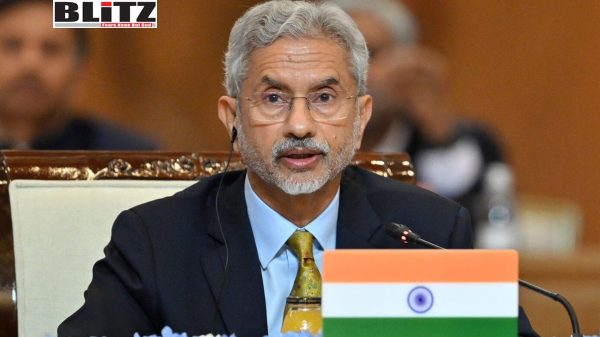AUKUS expands with Japan and Canada
- Update Time : Thursday, March 21, 2024

In September 2021, the unveiling of the AUKUS trilateral partnership marked a watershed moment in international defense cooperation, heralding a new era of strategic collaboration between the United States, United Kingdom, and Australia. At the heart of this groundbreaking agreement lay a commitment to bolstering Australia’s naval capabilities through the acquisition of cutting-edge nuclear-powered submarines, underscoring the partners’ shared resolve to address evolving security challenges in the Indo-Pacific region. However, beyond the high-profile submarine deal lies another equally crucial aspect of the AUKUS framework: Pillar 2.
Pillar 2 of the AUKUS agreement represents a comprehensive roadmap for collaboration in non-nuclear defense technologies, spanning a wide spectrum of fields from underwater robotics to quantum electronics and cybersecurity. This pillar serves as a testament to the partners’ collective determination to stay at the forefront of technological innovation and maintain a strategic edge in an increasingly contested geopolitical landscape. As discussions around Pillar 2 intensify, the Biden administration has embarked on a proactive diplomatic outreach to expand the partnership by engaging key allies, notably Japan and Canada.
Recent reports have shed light on Japan and Canada’s keen interest in joining AUKUS Pillar 2, signaling a growing recognition of the pact’s strategic significance among like-minded nations. Both countries have expressed a strong desire to deepen their defense cooperation with Australia, Britain, and the US, citing the potential benefits of closer collaboration on advanced defense technologies. For Canada, former Defense Minister Anita Anand emphasized the nation’s eagerness to enhance partnerships in areas such as artificial intelligence and quantum computing, underscoring the shared commitment to innovation and security.
The Biden administration’s proactive stance on advancing Pillar 2 initiatives underscores a sense of urgency driven by concerns over potential shifts in U.S. policy dynamics. With mounting apprehensions about the implications of a change in administration, there is a concerted effort to expedite Pillar 2 engagements before the upcoming US election in November. The urgency is further amplified by the realization that the successful implementation of AUKUS hinges on the effective execution of Pillar 2 initiatives, which serve as the backbone of the trilateral security partnership.
While the primary focus remains on Japan and Canada, there are indications that other countries, including New Zealand and South Korea, are also exploring opportunities to participate in AUKUS Pillar 2. New Zealand’s Defense Minister Judith Collins has expressed cautious optimism about the prospects for engagement, highlighting the need for sustained dialogue and collaboration to fully leverage the potential of the partnership.
In addition to diplomatic overtures, technical discussions are underway to delineate the scope and nature of collaboration within the framework of AUKUS Pillar 2. This includes deliberations on specific projects and areas of focus, with a keen emphasis on harnessing each partner’s unique expertise and capabilities to address emerging security challenges effectively. The Biden administration’s diplomatic push, coupled with ongoing technical engagements, underscores the multifaceted nature of efforts to expand AUKUS and strengthen global security.
However, the path toward AUKUS expansion is not without its challenges and complexities. Critics have raised concerns about the implications of the partnership for regional stability and the broader international security architecture. China, in particular, has voiced strong opposition to AUKUS, characterizing it as reflective of a “Cold War mentality” and warning of potential destabilization in the Pacific region.
Moreover, there are technical and regulatory hurdles that must be addressed, particularly concerning the transfer and utilization of advanced defense technologies within the framework of AUKUS. Issues related to nuclear proliferation safeguards, transparency, and accountability must be carefully navigated to ensure the integrity and effectiveness of the partnership. As discussions continue and plans for Pillar 2 implementation take shape, it is evident that AUKUS represents a significant milestone in international defense cooperation among like-minded allies.
By leveraging their collective strengths and resources, the partner countries aim to enhance deterrence capabilities and promote regional stability in the Indo-Pacific. As the Biden administration intensifies efforts to expand AUKUS, the focus remains on forging robust partnerships and addressing shared security challenges in an increasingly complex strategic environment. The proactive engagement of key allies underscores the commitment to upholding a rules-based international order and safeguarding global peace and security for generations to come.















